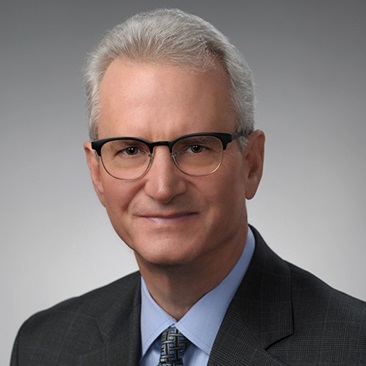Syracuse University Part of a Team Awarded $60 Million USDA Grant to Promote Climate-Smart Commodities
September 26, 2022
Syracuse University is a leading partner in a multi-university project that aims to increase supply and demand for climate-smart commodities produced and manufactured in New York state, supported by a new grant from the USDA’s Partnership for Climate-Smart Commodities. The $60 million project is led by the New York State Department of Environmental Conservation and Department of Agriculture and Markets.
A climate-smart commodity is an agricultural commodity that is produced using farming, ranching or forestry practices that reduce greenhouse gas emissions or sequester carbon. As project partner, Syracuse will lead one of the four primary focus areas. Over the next five years, Syracuse University researchers will develop and expand existing markets and develop new markets for climate-smart commodities produced in New York state—benefiting the environment, farmers and manufacturing sectors alike.
“Both governments and industry around the world are rapidly committing to a net-zero carbon economy, and in order to meet these grand challenges, the industries of today will need to find low carbon and green-tech alternatives for which biobased feedstocks and products will play a critical role,” says Jay Golden, Pontarelli Professor of Environmental Sustainability and Finance in Syracuse University’s Maxwell School and director of the Dynamic Sustainability Lab, who is the project’s principal investigator from Syracuse.
The interdisciplinary team from Syracuse, working in collaboration with Cornell University, SUNY-ESF, New York State agencies and additional public and private partners, includes faculty and student researchers from the Maxwell School of Citizenship and Public Affairs, the School of Information Studies, the Newhouse School of Public Communications and the Whitman School of Management. In addition, the team will work in partnership with Syracuse University Libraries’ Blackstone LaunchPad to develop a pipeline of new green tech and climate-smart innovators with a focus on developing new climate-smart businesses in underserved communities.
Faculty from Syracuse University include:
- Principal Investigator: Jay Golden, Pontarelli Professor of Environmental Sustainability and Finance in Syracuse University’s Maxwell School and director of the Dynamic Sustainability Lab
- Investigators:
- Carmen Carrión-Flores, research assistant professor, Economics Department; senior research associate, Center for Policy Research
- Peter Wilcoxen, Ajello Professor in Energy and Environmental Policy; professor of public administration and international affairs; director, Center for Environmental Policy and Administration
- Lee McKnight, associate professor, School of Information Studies
- Todd Moss, chair, Department of Entrepreneurship & Emerging Enterprises and
associate professor of entrepreneurship, Whitman School of Management - Jason Davis, research professor, Newhouse School of Public Communications; co-director, Real Chemistry Emerging Insights Lab
- Regina Luttrell, associate dean for research and creative activity; co-director, Real Chemistry Emerging Insights Lab; associate professor of public relations, Newhouse School of Public Communications
- Erika Schneider, assistant professor of public relations, Newhouse School of Public Communications
“Our Syracuse team will be at the global forefront of this effort by providing public and private decision makers the ability to track and verify low and zero carbon feedstocks through the value chain; to develop important incentives and policies to support market demand; and to model the environmental, climate and economic/jobs benefit to New York and America,” Golden continued. “The anticipated climate-smart commodities will serve as a platform for a new generation of low-carbon chemicals, fuels and energy sources, as well as building and construction materials and a vast array of consumer products to support the transition to a net-zero carbon economy,” he added.
Published in the Fall 2022 issue of the Maxwell Perspective
Related News
Commentary

Apr 1, 2025
Commentary

Mar 27, 2025
Research

Mar 25, 2025
School News

Mar 24, 2025

